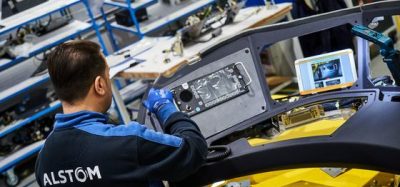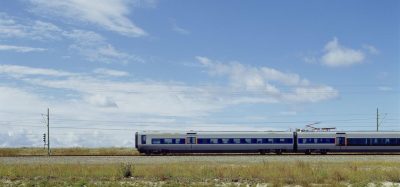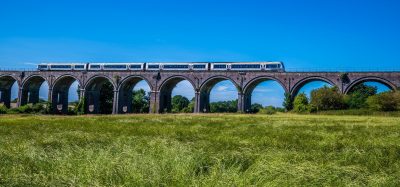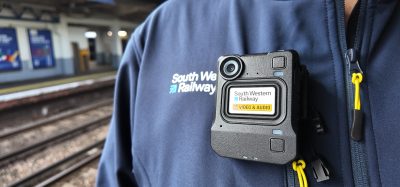Running an open access rail operator: Greater freedom or too great a risk?
Posted: 29 January 2020 | Louise Cheeseman | No comments yet
Louise Cheeseman, who has been working in the rail industry for 20 years and is currently Managing Director of Hull Trains, speaks candidly to Global Railway Review about what it’s like running an open access rail operator and why she is excited about Hull Trains’ future.
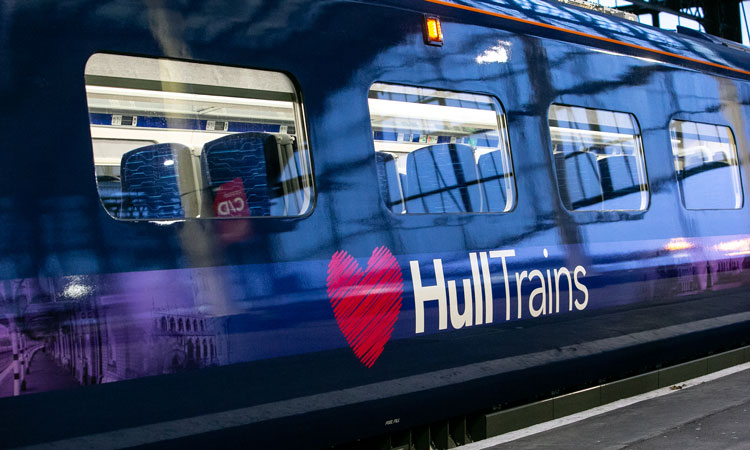

With demand for rail transport expected to increase by 58 per cent over the next 10 years, the UK rail industry is currently undergoing one of the biggest fleet modernisation programmes in its history. Yet, negative rail industry perceptions from customers are often fuelled by misunderstanding surrounding the way the rail network is run and confusion about the franchise system, with many not understanding that open access operators exist and what benefits they can bring.
I’ve worked in both open access and franchised rail businesses, and I enjoy open access because of the great freedom and opportunities that exist to be innovative.
Open access versus franchised rail
I’m often asked why there are so few open access operators like Hull Trains – we are one of three in the country. But I know that most people don’t have experience of open access and don’t appreciate the differences – the major one being that open access operators do not receive any funding (from government or the taxpayer) to run services. We take full commercial risk, which comes with its challenges, but also plenty of scope for growth.
Open access operators do not receive any funding (from government or the taxpayer) to run services. We take full commercial risk, which comes with its challenges, but also plenty of scope for growth.
There is a level of security that comes with operating a franchise that we don’t have. Whilst this can be an advantage, it does come with a certain level of restrictions. Franchised train operating companies (TOCs) have committed obligations which they have to deliver. These could look like a commitment to make operational changes like introducing e-tickets, upgrading services and meeting specific performance targets.
Ultimately, the Department for Transport (DfT) dictates the fare structure, supplies the trains and defines what they have to deliver. There are benefits to this; it ensures that the TOCs are accountable. But, whether or not these committed obligations detract resource and attention from putting rail customers first is open to debate.
A brand-new fleet to ensure reliability
At Hull Trains, we have commissioned our own £60 million five-strong fleet of bi-mode trains from Hitachi Rail through a dedicated lease arrangement with Angel Trains. All five trains are expected to be in passenger service by early 2020 and we hope it will revolutionise train travel for our customers.
Best still, because we only need three trains to run our current timetable, we have back-up trains available to roll-out when one of the trains needs maintenance and we will have greater flexibility to keep trains running between London and Hull.
We have commissioned our own £60 million five-strong fleet of bi-mode trains from Hitachi Rail through a dedicated lease arrangement with Angel Trains.
Reliability has been an issue for us in the past; when our former 180 fleet needed additional maintenance, it had a huge impact on our services because we simply didn’t have the additional trains to replace those in repair, or a rolling stock pool to tap into.
This is an example of when the freedom of open access operations can come at a price. We were regularly asked why we couldn’t find an alternative train to use when ours were being repaired. The lack of public understanding of the industry, coupled with the wider issue of limited stock available to use on the railway as a whole, came with its challenges. But, of course, people just want to get from A to B, and they rightly deserve to.
Our Paragon trains give us the capacity to keep people travelling if there are any issues with any one of our fleet. In turn, this leads to greater confidence in our services.
There is an education piece around the nuances of open access operators, especially as more people are using rail as a means to travel, and people are travelling further on their journeys than they did previously.
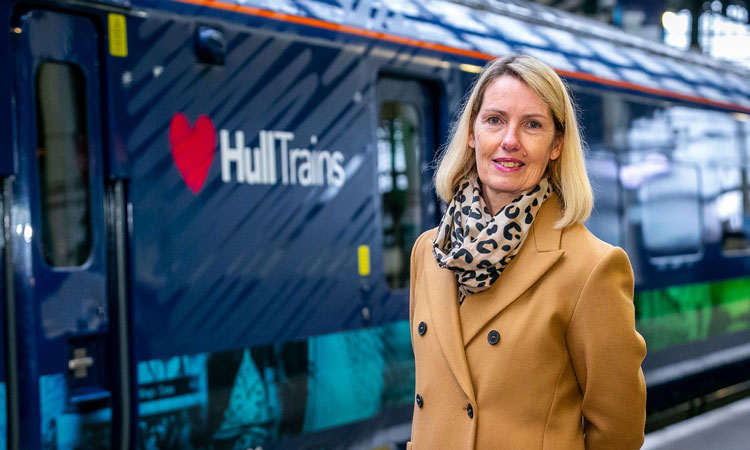

Louise Cheeseman, Managing Director of Hull Trains, says that the rail operator has ambitious plans to develop and expand its services and are constantly looking at new ways to attract customers and improve customer experience.
Working with our local region
Our stakeholders are starting to understand that our business model can benefit them. Since becoming Managing Director of Hull Trains in 2018, I have been making steps to have regular conversations with Hull City Council and East Riding of Yorkshire Council.
Like myself, many of our staff are from the city of Hull which makes it easier to build strong links with the city. We are a small operator in comparison to others, but that gives us a real advantage.
It’s important to me that we implement changes and shape services which align with our region’s growth plans. If there is a market for a new service, we will certainly consider implementing it. This is a key differentiator between open access and franchise TOCs.
We are in a position to offer much more to our customers. If we don’t listen to local stakeholders and support the businesses here, then we are missing a huge opportunity.
Hull Trains has access rights for 10 years on the Beverley and London Kings Cross route until 2029, which is longer than franchise routes, which tend to last around seven to eight years. This longevity gives us the chance to implement new services which, overall, benefits our customers.
This is really motivating for our 130 employees. I do feel that there is more loyalty from staff who work for an open access operator, as they appreciate and understand that we need to have happy customers to keep trains running. I do think that’s why we have some of the best staff on the railway, and our customers regularly tell us that.
Like myself, many of our staff are from the city of Hull, which makes it easier to build strong links with the city. We are a small operator in comparison to others, but that gives us a real advantage.
We support local charities, deliver outreach work in schools and partner with local businesses. This brings me back to my point about focussing on the things that matter to customers. We have the flexibility to inspire young people to consider a career in rail and fundraise for local causes, as we know it is what local people want.
Looking to the future
It’s our 12th year in business, and we are committed to strengthening our role in the development of the city of Hull. We have ambitious plans to develop and expand our services and are constantly looking at new ways to attract customers and improve customer experience.
It’s our 12th year in business and we are committed to strengthening our role in the development of the city of Hull.
Other plans for the future include more investment in infrastructure at Hull and the surrounding community stations, as well as improving disability access and upgrading platforms. We want to reinvest back into the city and our people. Because without them, Hull Trains wouldn’t be here today.
Stay Connected with Global Railway Review — Subscribe for Free!
Get exclusive access to the latest rail industry insights from Global Railway Review — all tailored to your interests.
✅ Expert-Led Webinars – Gain insights from global industry leaders
✅ Weekly News & Reports – Rail project updates, thought leadership, and exclusive interviews
✅ Partner Innovations – Discover cutting-edge rail technologies
✅ Print/Digital Magazine – Enjoy two in-depth issues per year, packed with expert content
Choose the updates that matter most to you. Sign up now to stay informed, inspired, and connected — all for free!
Thank you for being part of our community. Let’s keep shaping the future of rail together!
Related topics
Operational Performance, Passenger Experience/Satisfaction, Regulation & Legislation, Rolling Stock Orders/Developments




